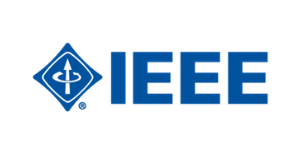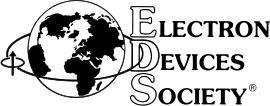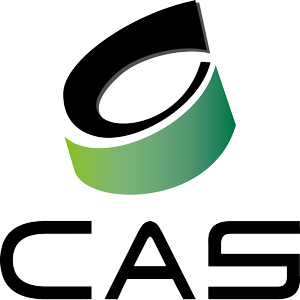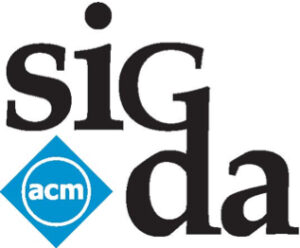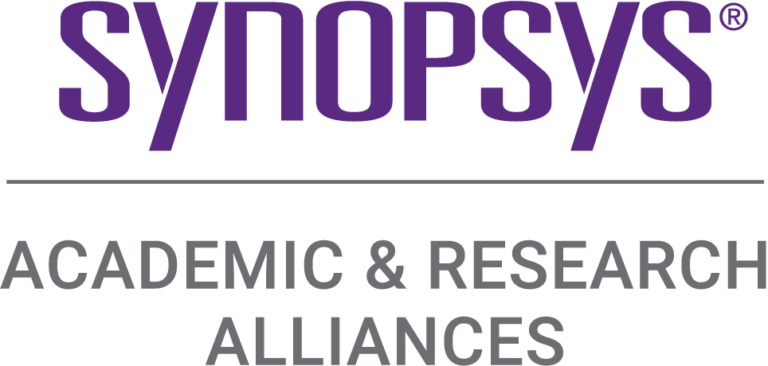The second round of the student travel grant selection is open for applicants! All applicants from the first round are automatically re-considered if they did not win the first round.
What is the ICCAD Student Travel Grant?
ICCAD recognizes that presenting research at our conference is an important aspect of a student’s professional, educational and research development. Further, student involvement in our conferences is fundamental to our development as a research community. This travel grant provides a mechanism to allow more students with a demonstrated financial need to attend our conferences. The ICCAD Student Travel Grant program is intended to enable students who lack other support opportunities to attend ICCAD conferences. This travel grant is intended to support students whose intention is to present at ICCAD, not just attend. Our first priority is to offer provisional grants to students before they submit papers, so that if a submission is accepted, the student can count on having a grant awarded for travel to the conference. Our second priority is to offer grants to students who have papers and other publications accepted for the conference.
Students are expected to apply for a student travel grant if interested. If successful, they will receive a provisional grant, dependent on them having a publication accepted for the conference.
What does this grant cover?
The ICCAD Student Travel Grant program provides needs based financial assistance to students who hope to present at ICCAD. Each award consists of reimbursements of $1,000 USD, awarded through the ICCAD Travel Grant System, to partially cover conference registration and travel expenses including airfare (economy flights only), accommodation, subsistence, and other expenses necessary for attending the conference. Complimentary registration is not provided as part of the grant, but must be covered from the grant.
Who is eligible?
The grant is for students who hope to present their work at ICCAD. The work in question may have other co-authors, and the co-authors don’t need to be students; it is mandatory that the student be involved in presenting the work. Other eligibility requirements are that:
- Advisors may only write one recommendation letter per conference per submission round. If we receive multiple recommendation letters from one advisor, we reserve the right to reject all submissions from that group.
- The student cannot attend without the support provided by the ICCAD grant (as attested to by a letter from the student’s advisor)
- Only one student per paper can apply.
- Only one grant per department in an institution will be awarded.
- An applicant is eligible to receive only one ICCAD grant.
- Preference will be given to first-time attendees over repeat attendees of a conference.
- Preference will be given to PhD students unless there are exceptional circumstances.
- The applicant must be a student and an ACM and/or IEEE member at the time of application.
- Preference will be given to full paper submissions over other submission categories.
Evaluation committee
Applications for this travel grant will be evaluated by a committee consisting of two or more ICCAD chairs. The ICCAD chairs are currently Tulika Mitra, Evangeline Young, Jinjun Xiong, Robert Wille, Deming Chen, Yiyu Shi, Takashi Sato, Ulf Schlichtmann, Ismail S. K. Bustany, and Tsung-Yi Ho. Real and apparent conflicts of interest between committee members and applicants will be managed to ensure the integrity of this travel grant program.
Evaluation criteria
Applications will be reviewed by members of the committee. The evaluation criteria include the student’s need and lack of alternatives, the opportunity for the attendee to improve the diversity of the conference, and the benefits to the student of attending the conference.
The application form
The link to fill out the application form can be found here. The maximum amount each grant is worth is $1,000.
The letter of support
A letter on official letterhead from the student’s advisor, or the chair of their department or program is mandatory. The letter must affirm that the student requires support to attend the conference, and that no other sources of support are available. Other background material — where the student is in their research, particular benefits to the student of attending the conference, etc., — will make the application stronger. The letter must be in the form of a pdf.
Advisors may only write one recommendation letter per conference per submission round. If we receive recommendation letters for multiple students in one research group, we reserve the right to reject all submissions from that group. Only one grant per department in an institution will be awarded.
The Application Deadlines
The deadline to submit your application form for the second round is September 2, 2022.
Grant winners will be notified no later than September 12, 2022.
Accepted Applications
If an application is accepted, it means that the applicant will receive support to attend the conference, if and only if the student has a submission accepted to ICCAD 2022 and they plan to present. A provisionally accepted application becomes fully accepted once the paper has been officially “accepted” in the submission system and notifications have been sent to the authors notifiying them of their acceptance.
ACM will issue reimbursements for travel costs to the conference. ICCAD student travel grants which are given as a reimbursement may be considered taxable income. Specific questions regarding the taxation of any reimbursement and personal tax liability should be referred to your local tax authority. As such, ACM and IEEE cannot respond to questions regarding tax issues.
For Further Information
If you have questions about the contents of this page or the ICCAD grant program, please email [email protected].


